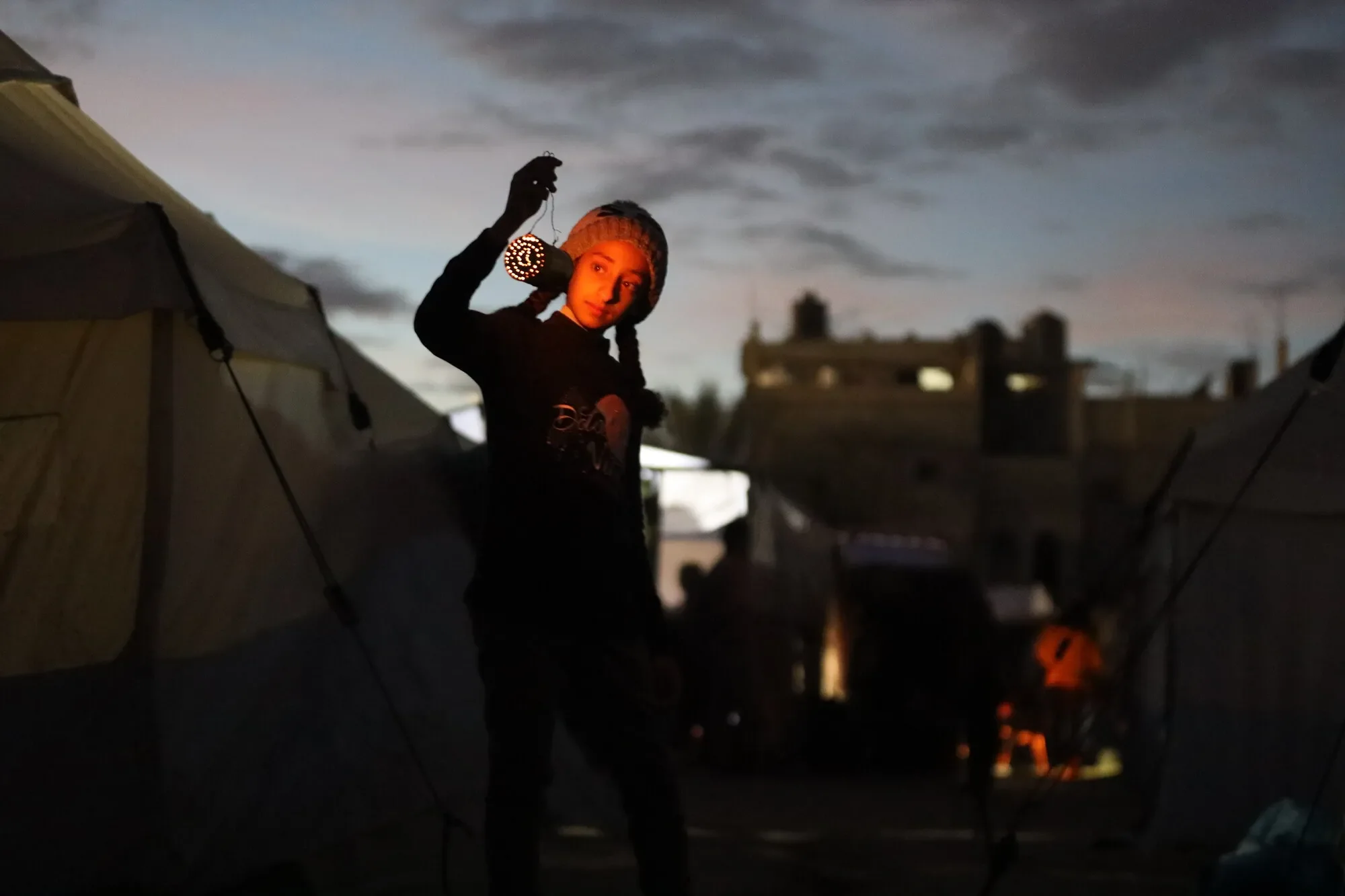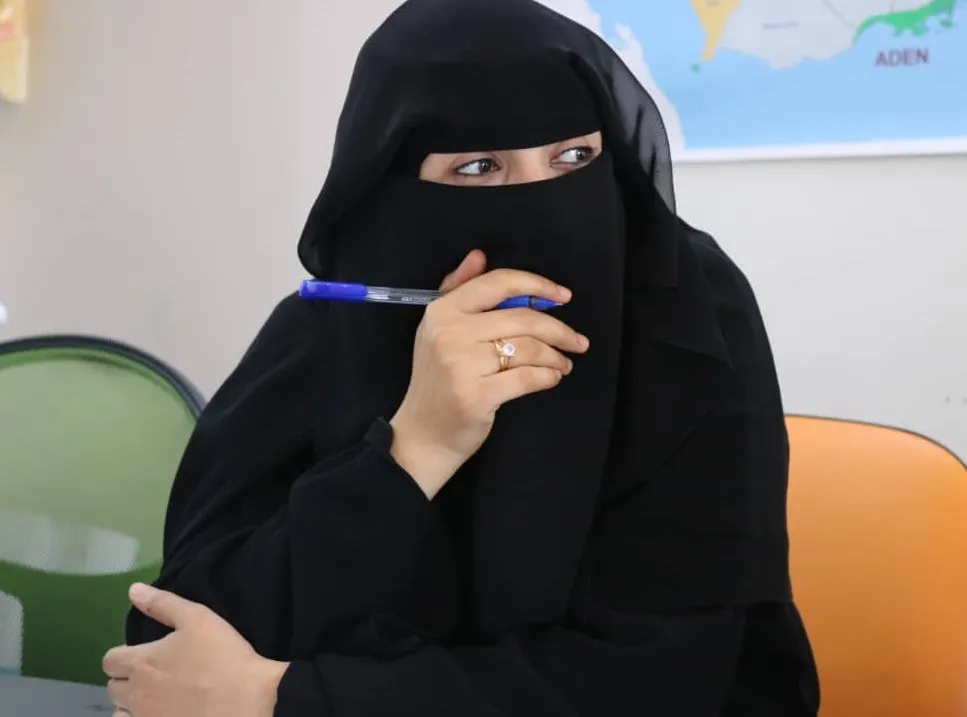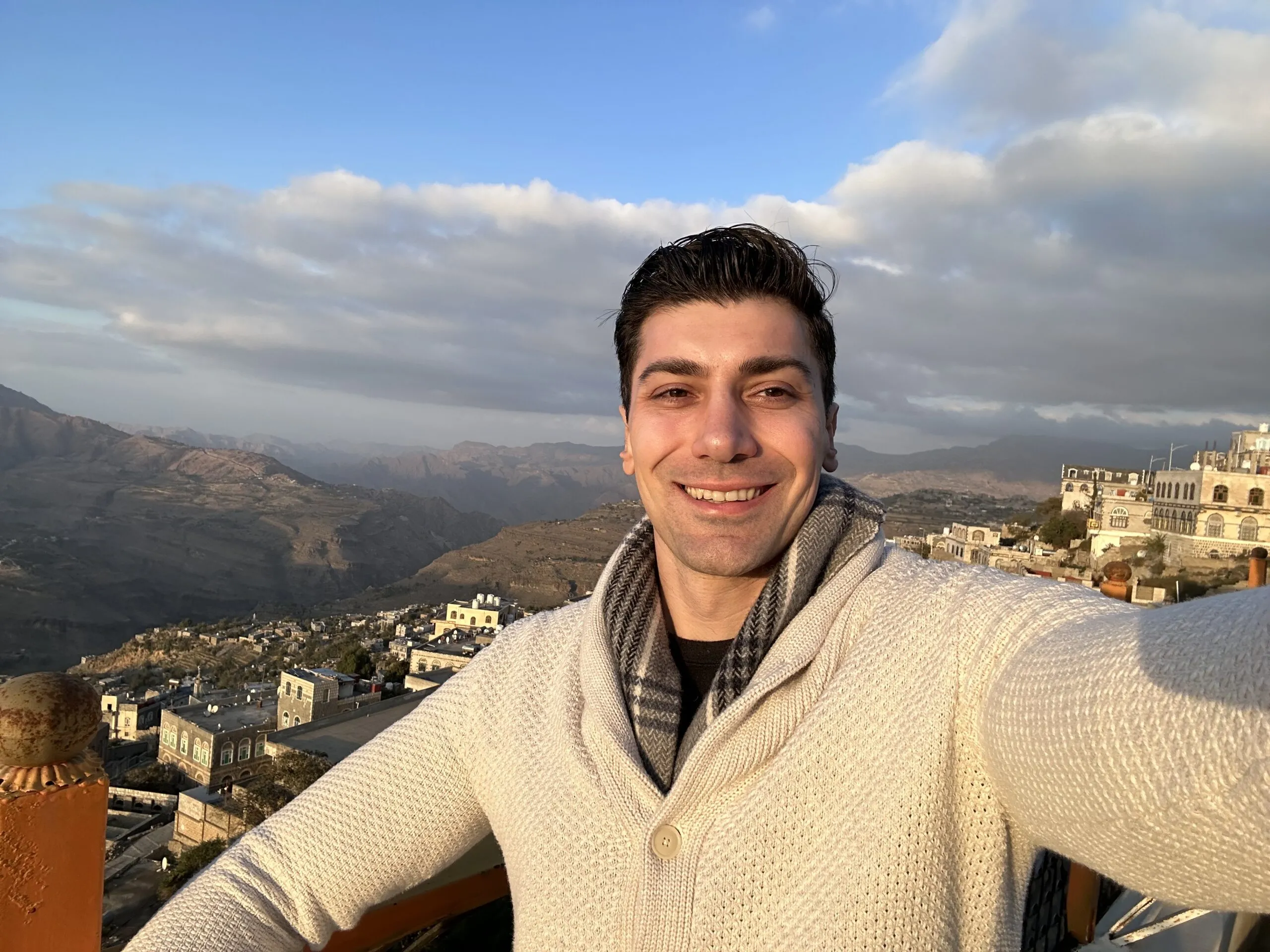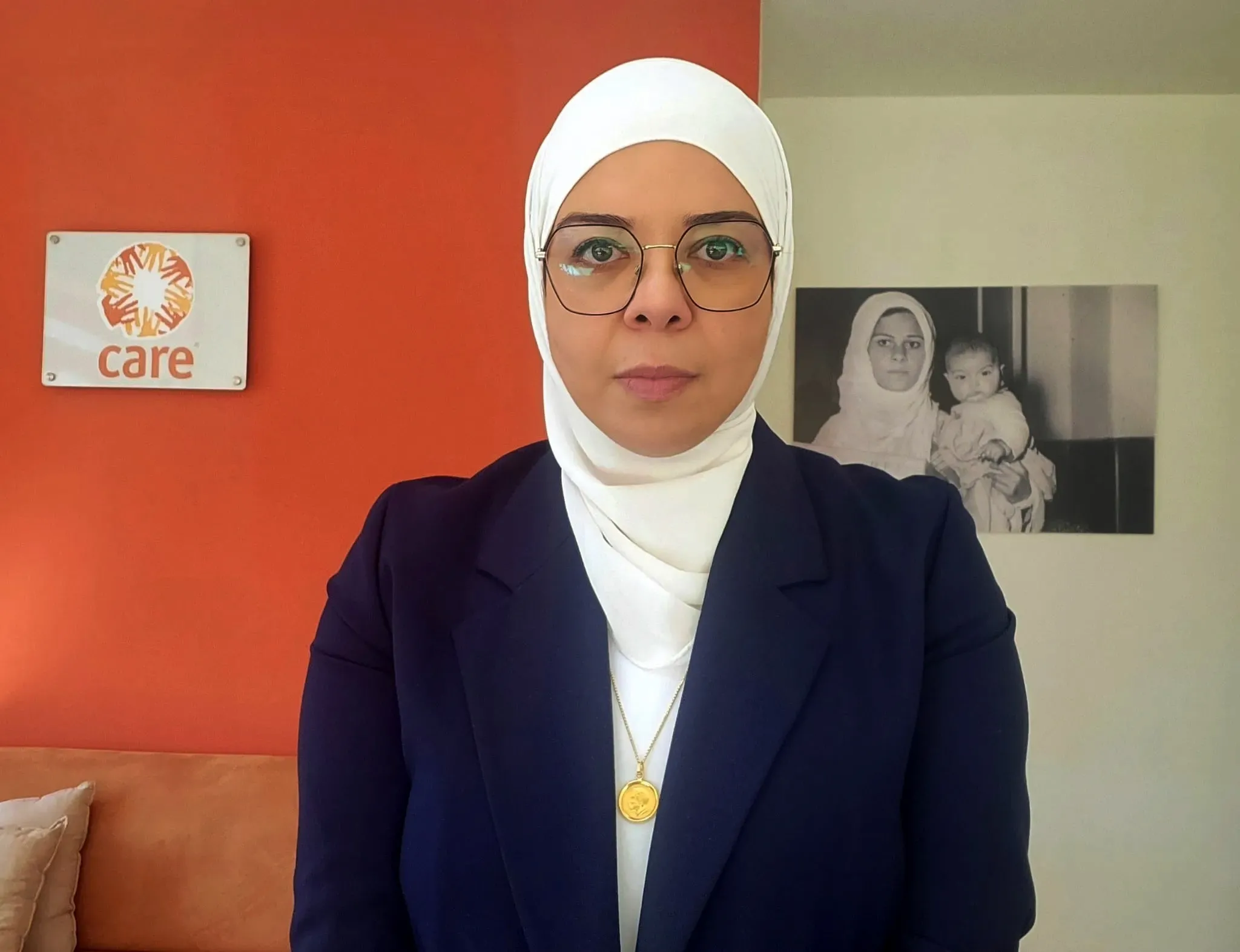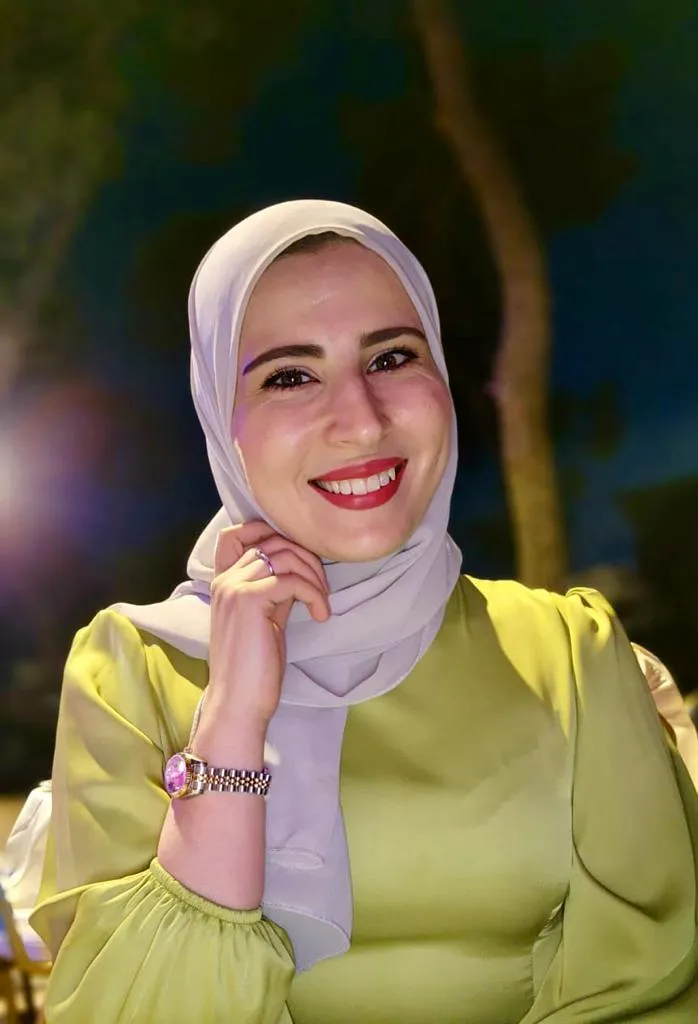Shakir: Yesterday, I went to the market, and there weren’t many people there buying things. Usually, before Ramadan, a week or something, you find markets very crowded with people, women in their colorful dresses, preparing for Ramadan.
Hiba: This year, there are few Ramadan decorations in Ramallah, with no one looking forward to celebrating a month of peace when our brothers and sisters in Gaza are dying of war and hunger.
Shakir: Usually the day before Ramadan, the first day of Ramadan, I would receive calls, messages from friends, from relatives, from others. But it is not the case this year. It is almost midday today. Nobody called me up to now saying Ramadan Mubarak: congratulations for Ramadan. This is not the normal way.
Razan: This year, Ramadan, to me, especially at my personal level, also, from what I see in the West Bank also, it’s not like any other year. No celebrations, no lights, no decorations.
Shakir: For me, I moved to a new state, new neighbors. I left behind all of my relatives, most of my friends, and large portion of my colleagues. So, frankly, when yesterday Ramadan was announced, usually we welcome that with joy, with happiness. I was sad. I was depressed. Even my wife noticed that.
I was just missing my large family, missing my friends, missing my colleagues in Khartoum.
Razan: Even when I drink a cup of water, I would have this feeling of guilt, of helplessness.
Bushra: There is a mix of bitterness and happiness.
Razan: People in Gaza now are suffering. They’ve been fasting indefinitely due to starvation. Not because they have to fast, because it’s Ramadan. They can barely find clean water to drink, or hardly find any kind of bread or edible food to eat — especially those little kids and children.
It breaks my heart whenever I see a hungry child, or displaced pregnant women.
I ask myself every day, this question since Ramadan started — how can they do it?
And I’m really wondering, those little kids I see on TV and the reporters would ask them, are you fasting? And they would say, yes.

